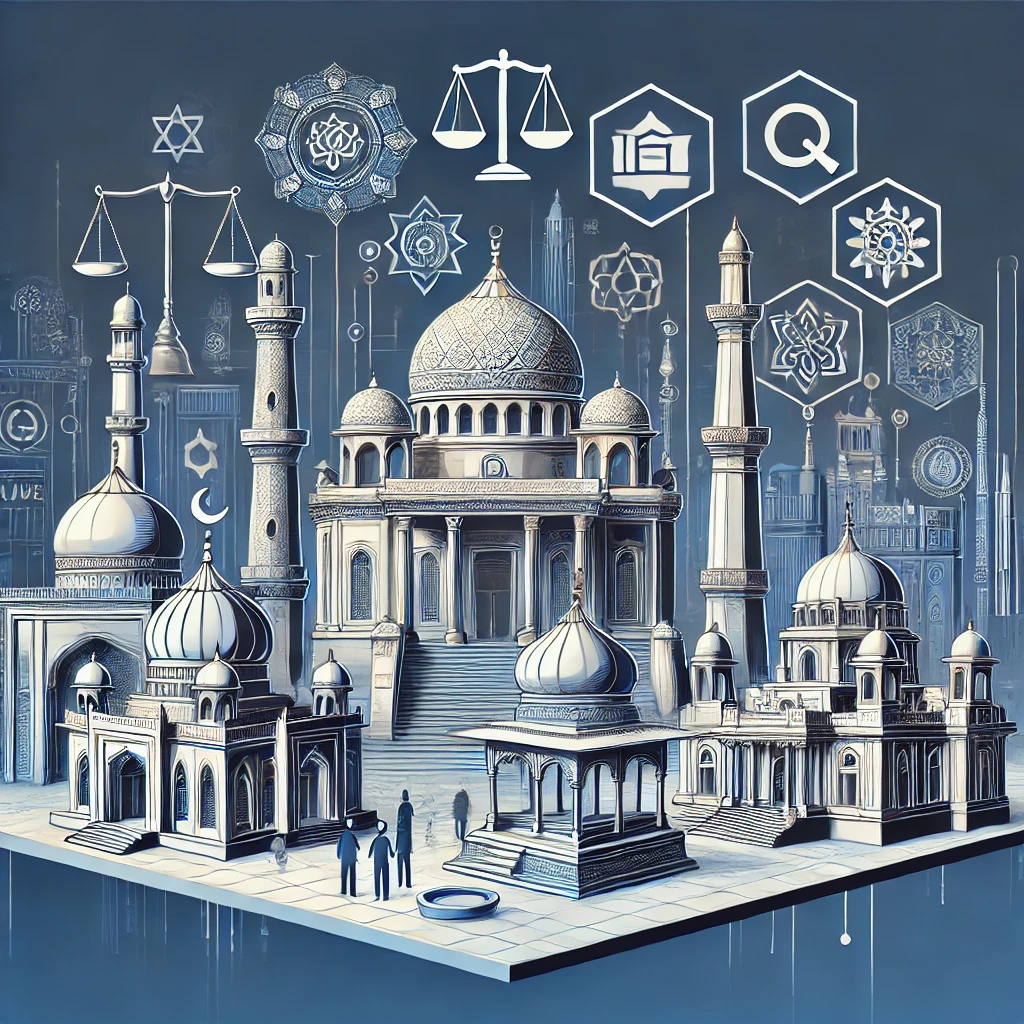If any religious or social institution aims to play a long-term and sustainable role, registering it is crucial. For example, registering a religious place like a temple or mosque grants it legal validity. This helps protect the land of the temple or mosque from illegal occupation and allows for easier resolution of any disputes in the future.
Similarly, registration is essential for places like cemeteries or Eidgahs. It not only ensures the protection of property but also promotes transparency in management and ensures cooperation from local authorities. In the same way, registering madrasas and maktabs provides them with legal recognition as educational institutions and opens the path for receiving government aid.
Registration is even more important for trusts and NGOs. Registering a trust simplifies the management of its funds and administration. For NGOs, registration is mandatory as it is required to access government projects and grants.
Additionally, the registration of social organizations like clubs and societies helps in the legal operation of their activities and contributes to the community’s development. Apart from registration, it is essential to regularly update and submit annual reports to ensure compliance with all legal requirements.
This registration process not only provides legal protection to the institution but also enhances its acceptance within the community. Therefore, registering crematoriums, temples, mosques, cemeteries, Eidgahs, madrasas, trusts, NGOs, clubs, societies, and other social institutions is beneficial for both the community and the institutions in the long run.

